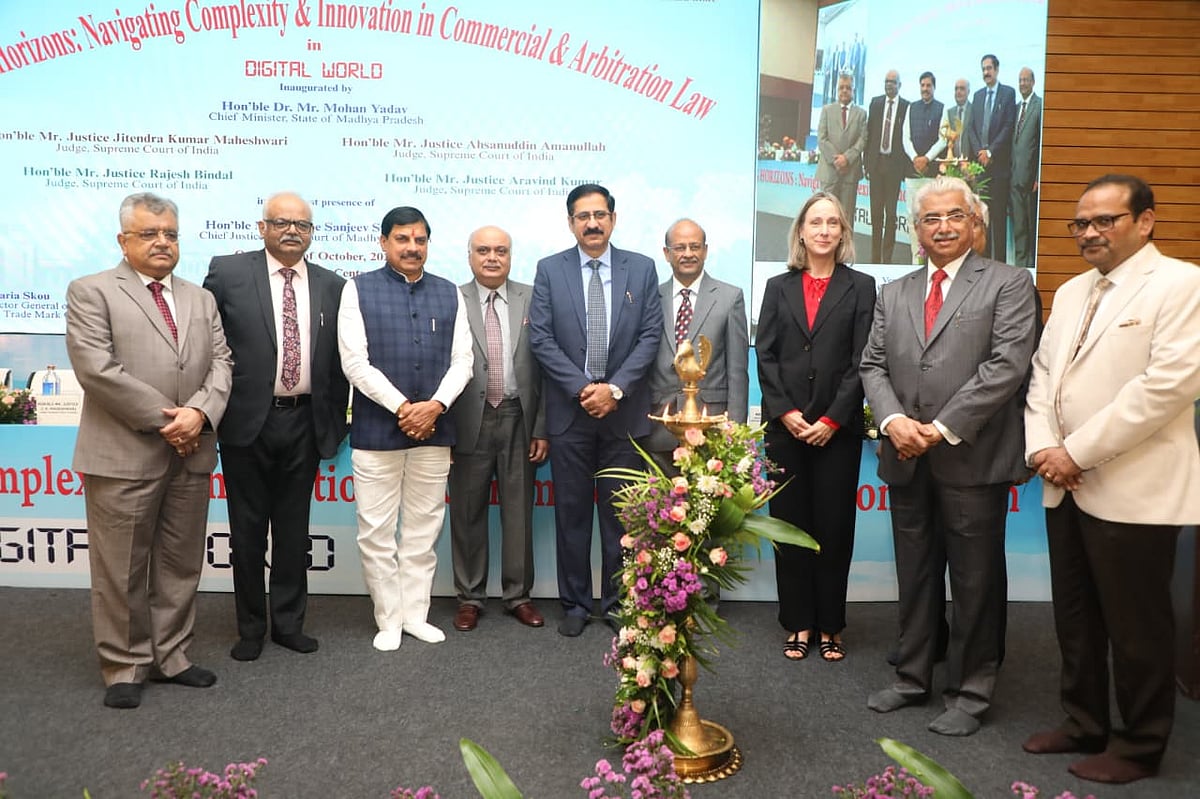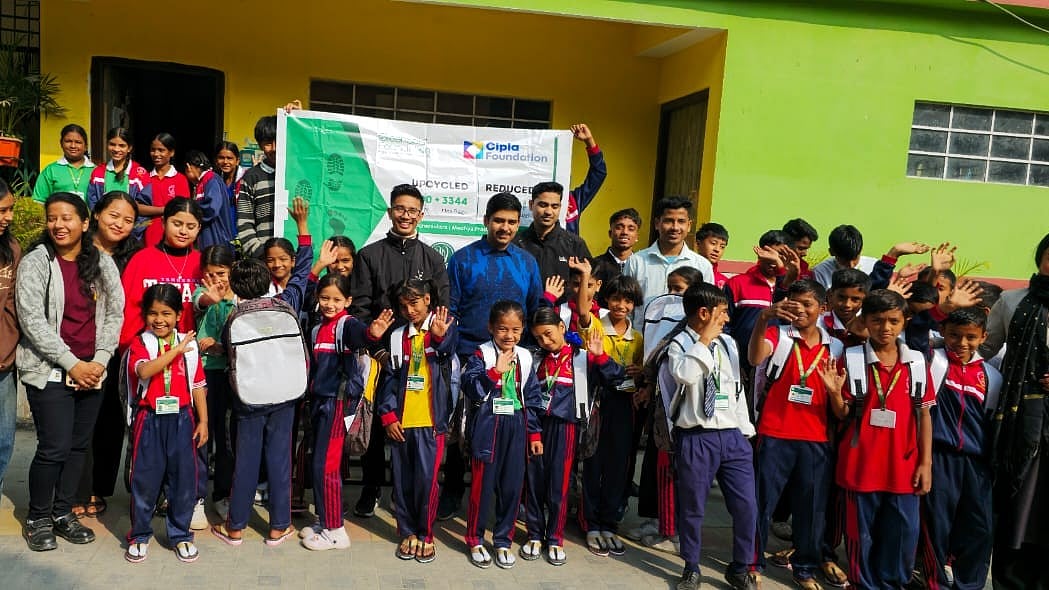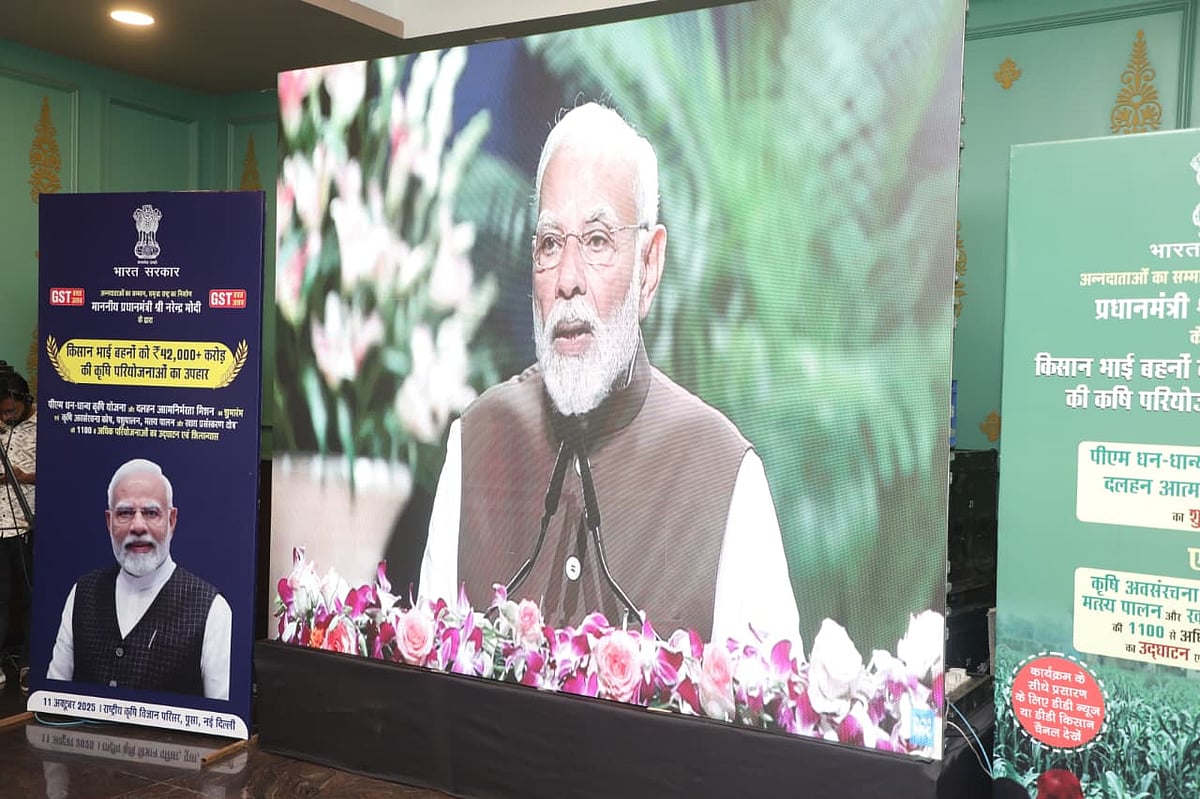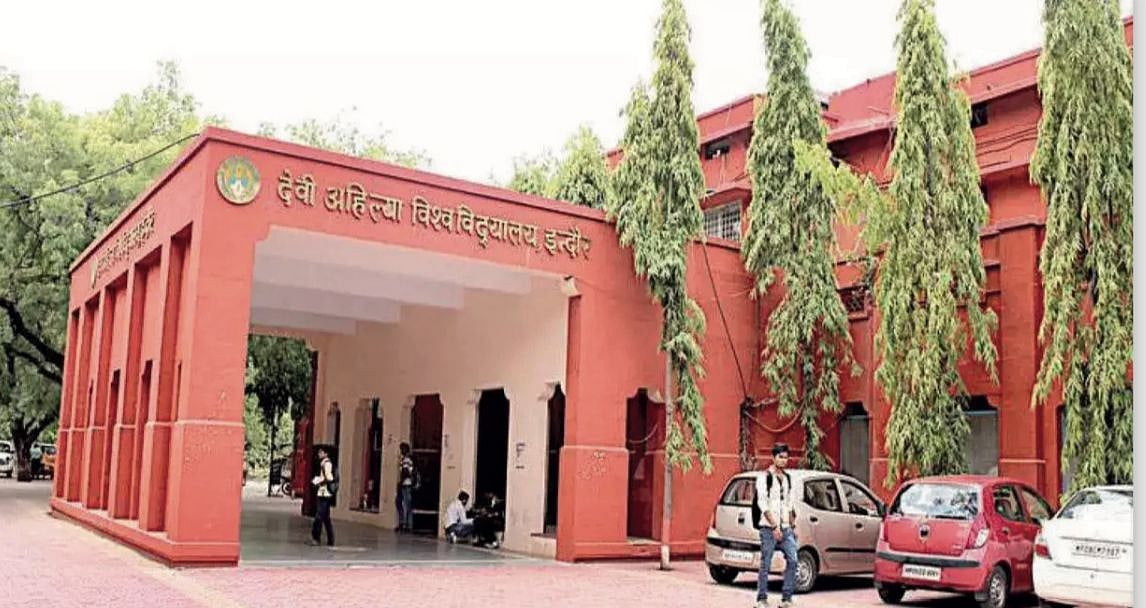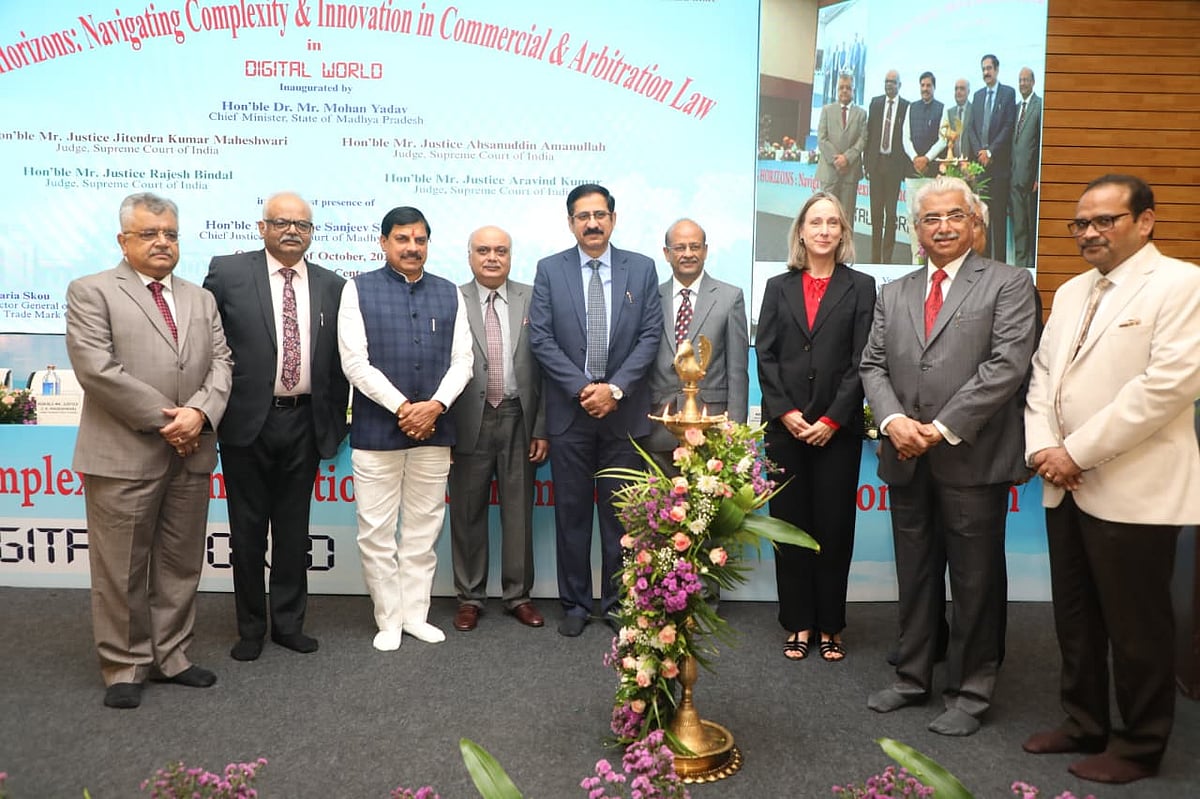Indore (Madhya Pradesh): Delivering a powerful message on judicial philosophy and fairness, Supreme Court judge Jitendra Kumar Maheshwari said here on Saturday that the judiciary was not to reinvent law but to expand the frontiers of fairness without restricting the idea of fair competition.
Justice Maheshwari was speaking at the international seminar on “Evolving Horizons: Navigating Complexity and Innovation in Commercial and Arbitration Law in the Digital World.” Chief minister Mohan Yadav inaugurated the seminar at the Brilliant Convention Centre.
The event brought together Supreme Court and high court judges, global legal experts, scholars and law professionals from India and abroad to deliberate on the rapidly transforming landscape of commercial law in the digital age.
In his keynote address, the chief minister said justice was the fundamental, human and constitutional right of every citizen. He emphasized that India’s governance model was based on equality and protection of rights to justice, life, food and health.
“The first duty of a welfare state is to ensure that no citizen is deprived of justice. Good governance and justice not only strengthen the nation but also ensure accountability in administration,” the CM said.
He noted that India’s centuries-old legal tradition was rooted in debate and deliberation and reaffirmed that the spirit of justice, equality, transparency, humility and timely delivery remained timeless.
Justice Jitendra Kumar Maheshwari, judge, Supreme Court of India, in his inaugural address, underscored that the judiciary’s purpose was not to rewrite laws but to broaden the horizons of fairness and promote healthy competition. “In today’s economy, control over data is even more significant than ownership of firms or companies. Transparency and impartiality must be maintained without obstructing economic progress,” he observed.
Justice Ahsanuddin Amanullah, judge, Supreme Court of India, said that the legal profession could no longer remain untouched by technology. “With the rise of automated and technology-based contracts, the judiciary must evolve at the same pace as innovation to ensure that justice is never compromised,” he said.
Justice Rajesh Bindal, judge, Supreme Court of India, remarked that as commerce expanded, disputes increased and the judiciary remained central to their resolution. “Artificial Intelligence is an important tool, but it also introduces new challenges in patents and registration laws. As India becomes the world’s fourth-largest economy, our legal system must train itself for these changes,” he advised.
Justice Aravind Kumar, judge, Supreme Court of India, added that India was not merely a participant but an architect of the global economy. “Justice, innovation and ease of doing business must move together. It is time to shift from adjudication to collaboration and arbitration to innovation,” he emphasized.
Welcoming the dignitaries, Chief Justice of Madhya Pradesh high court Sanjeev Sachdeva highlighted that the judiciary must embrace technological changes while preserving transparency, efficiency and the rule of law.
Solicitor General of India Tushar Mehta stressed that while laws must evolve with technology, they must not become subordinate to it. “Issues like intermediary liability and AI-assisted drafting demand serious legal introspection,” he noted, calling the colloquium a “timely and relevant international initiative.”
Maria Skou, Deputy Director General, Danish Patent & Trademark Office from Denmark underscored the growing importance of India–Denmark cooperation. “In a globally interconnected economy, collaboration between nations in commercial and arbitration law is not just valuable, it is essential,” she said.
3 digital initiatives of MP High Court launched
The dignitaries also inaugurated three major digital initiatives of the Madhya Pradesh high court:
Online internship form submission software,
Online communication system of case diaries and
“Samadhan Aapke Dwar” (for compoundable offences).
Seminar themes and future vision
The two-day seminar includes six technical sessions:
Emerging commercial laws and new technologies
Internet intermediary liability
Online competition and fairness
India–Europe arbitration perspectives
Criminal enforcement of online offences
Intellectual property and innovation in the digital economy.
